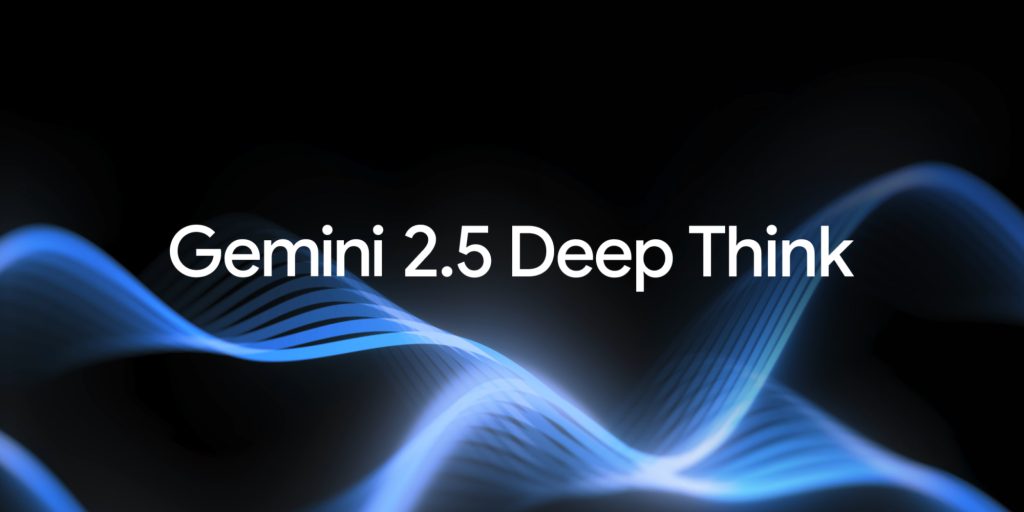Google DeepMind Claims Historic AI Breakthrough with Gemini 2.5 Model
Google DeepMind has announced a historic breakthrough with its Gemini 2.5 model, claiming human-level performance at a major international programming competition and sparking debate over the significance and verification of such AI achievements.

Google DeepMind has declared what it calls a 'historic' breakthrough in artificial intelligence, unveiling that its Gemini 2.5 model achieved human-level performance at the prestigious International Collegiate Programming Contest (ICPC) held in Azerbaijan this September. According to Google, Gemini 2.5 solved 10 out of 12 complex programming challenges, ranking second among 139 elite college teams and notably solving a fluid dynamics optimization problem that stumped all human competitors. DeepMind’s vice-president, Quoc Le, likened the achievement to landmark moments in AI history, such as Deep Blue’s chess victory and AlphaGo’s conquest of Go, but argued that Gemini 2.5’s success is even more significant due to its application to real-world reasoning rather than constrained games.
Questions of Verification and Hype
Despite the technical accomplishment, the announcement has been met with skepticism from parts of the scientific community. Google has not disclosed the computational resources required for Gemini 2.5’s performance, only confirming that it far exceeds what is available to standard subscribers. This lack of transparency has fueled concerns about the reproducibility and practical value of the breakthrough. Stuart Russell, a leading AI researcher at UC Berkeley, highlighted the growing pressure on AI companies to announce paradigm-shifting advances, often before independent verification can occur. The ICPC, while a respected competition, is just one data point, and programming contests involve subjective elements such as code quality and efficiency, raising questions about the broader applicability of Gemini 2.5’s performance.
Implications for AI Trust and Adoption
The announcement comes amid a broader trend of rapid, high-profile AI breakthroughs from major labs like OpenAI and Anthropic, leading to what some experts call 'breakthrough fatigue.' According to the 2025 Edelman Trust and Technology Report, skepticism among business leaders regarding AI vendor claims has risen sharply, with 68% now questioning such announcements. The gap between technical achievement and business-ready capability is widening, as organizations struggle to assess the real-world impact of AI advances that may require massive, inaccessible computational resources.
Industry observers note that while Gemini 2.5’s contest performance is impressive, it does not automatically translate to enterprise-grade code generation or other practical applications. The lack of independent, peer-reviewed validation further complicates the picture, as does the absence of detailed information about the infrastructure needed to replicate the results. Michael Wooldridge of Oxford University emphasized the need for answers to critical questions about computing power, real-world transferability, and reproducibility before such breakthroughs can be fully trusted.
The Road Ahead for AI Breakthroughs
The tension between Silicon Valley’s rapid innovation culture and the scientific community’s demand for rigorous validation is increasingly evident in the AI sector. While DeepMind’s previous achievements, such as AlphaFold, underwent years of scrutiny and peer review, the pace of recent announcements has accelerated, sometimes at the expense of independent verification. This dynamic risks eroding trust in AI and making it harder for genuine advances to stand out amid a flood of marketing-driven claims.
As Google DeepMind continues to push the boundaries of AI, the industry faces a critical juncture: balancing the excitement of rapid progress with the need for transparency, reproducibility, and real-world relevance. Until these standards are met, skepticism is likely to persist, even in the face of remarkable technical feats.